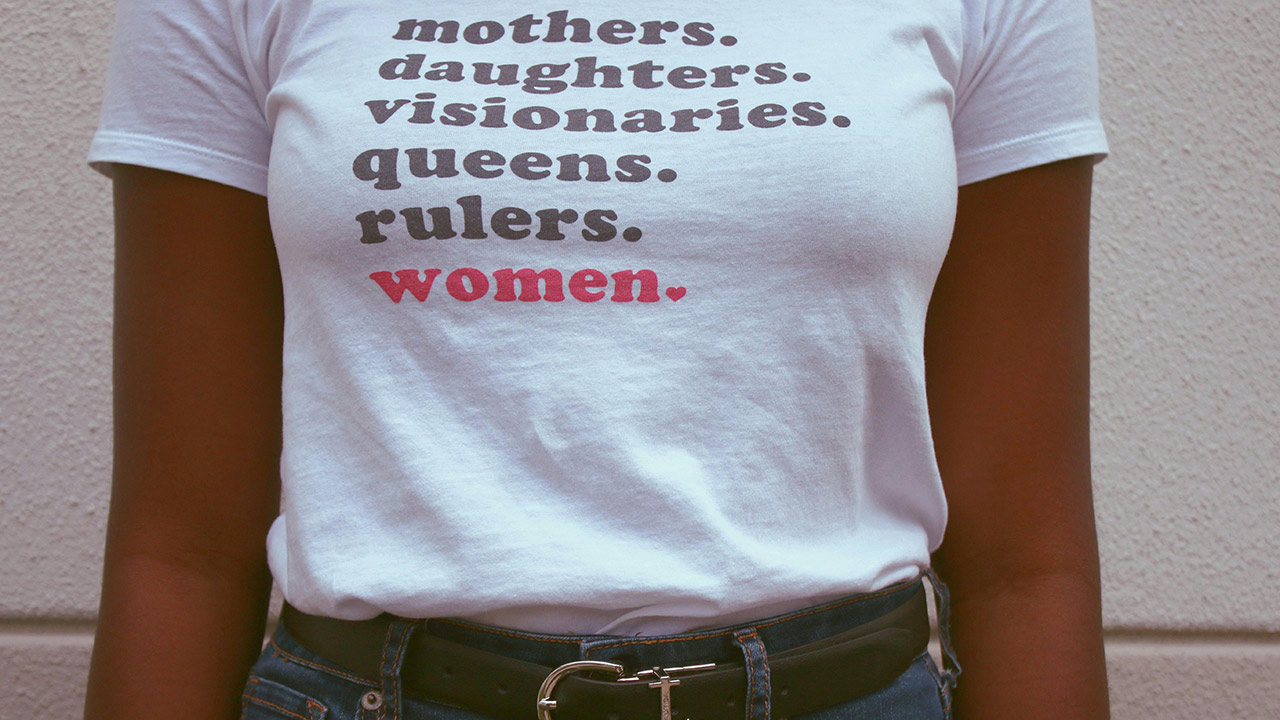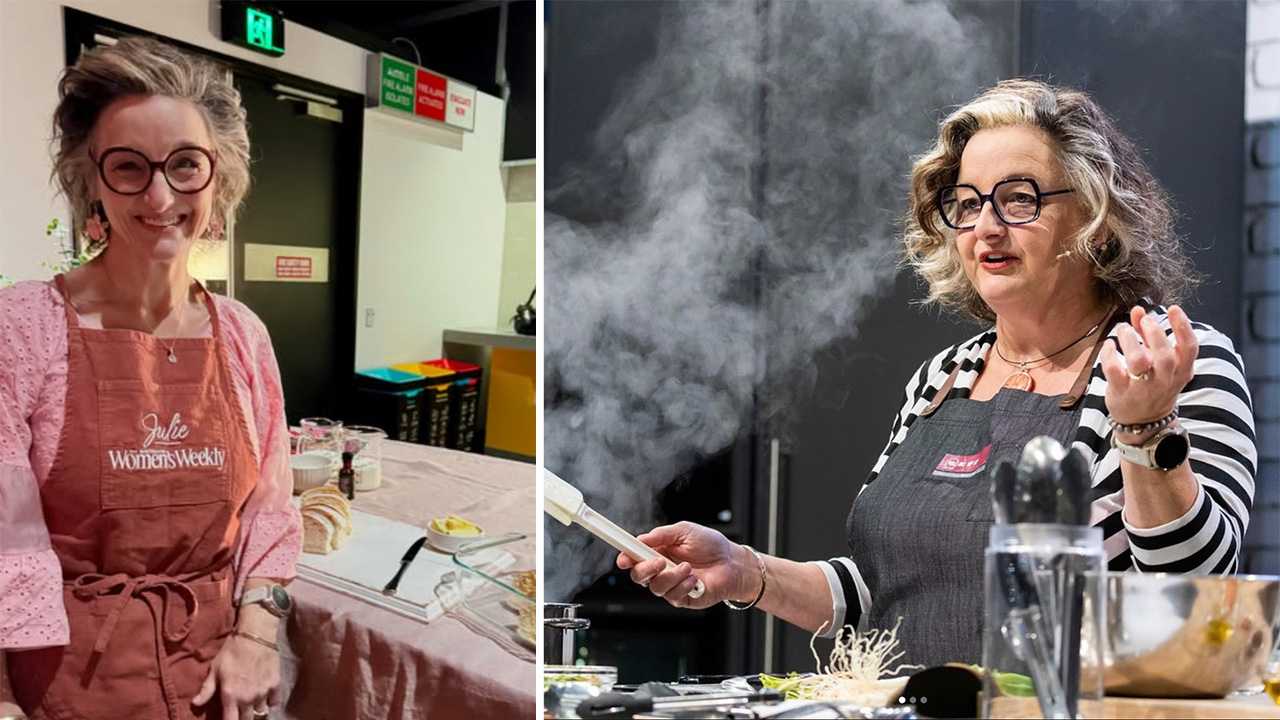It turns out the real survival champions of history weren’t the sword-wielding warriors or the swashbuckling adventurers – they were women. Yes, even during famines, plagues and periods of mass human awfulness (see: enslavement and measles), women have been quietly outliving men like it’s just another Tuesday.
That’s the conclusion of researchers who dove deep into history’s most miserable moments, including the Irish Potato Famine, enslavement in Trinidad and Icelandic measles outbreaks, only to find that female bodies just won’t quit.
According to a study led by demographer Virginia Zarulli, even newborn girls during these crises had better survival rates than their male counterparts. That’s right; baby girls basically stared down famine and disease and said, “Not today”.
So, what gives? According to science – and a new CNN-backed book titled The Stronger Sex – the female body is a marvel of survival engineering. Despite monthly bleeding, pregnancy (aka growing a human from scratch) and the general rollercoaster of hormones, women consistently outlive men. It’s like Mother Nature looked at the assignment and went “build to last”.
Part of the secret lies in the chromosomes. Women are rocking two X chromosomes (which are loaded with immune-boosting genes) while men are stuck with a lonely Y that brings little to the survival party. According to evolutionary biologist Dr Sharon Moalem, this gives women a sort of immunological superpower. As he put it, “Women have immunologically evolved to out-mutate men.” Translation: their immune systems are like Swiss Army knives. Men’s? More like… rusty butter knives.
And hormones help too – specifically oestrogen, which acts like a biological bodyguard, boosting immune responses, upping antibody production and improving long-term disease resistance. Meanwhile, testosterone (the male hormone known for encouraging risky behaviour and unnecessary purchases of motorcycles) appears to weaken the immune system. In fact, early animal experiments showed that removing testosterone improved immunity. (No word on whether the animals also started asking for directions.)
It gets better. Recent research has found that women’s small intestines are longer – which may not sound sexy, but is biologically brilliant. More intestine means more nutrients absorbed, which means better odds of surviving when calories are scarce. Essentially, women can squeeze more nutritional value out of a potato than a man can out of a steak.
Add all that to the fact that women typically engage in fewer risky behaviours (looking at you, lawnmower-beer-balancing stunts), and you’ve got a recipe for a longer life. Even when women adopt some of the same bad habits as men (like smoking) they still tend to outlive them. Because of course they do.
To be fair, there is a catch: women’s superhero immune systems can sometimes turn on them, leading to more autoimmune diseases and chronic conditions. But even then, women often live with those conditions longer than men would.
So, what’s the takeaway here? For one, the next time someone calls women the “weaker sex”, feel free to laugh out loud. And second, it’s about time medicine caught up. Researchers argue that understanding these biological differences can help create more personalised healthcare – for all genders.
In short: female bodies aren’t just built different. They’re built better, tougher and, according to science, longer-lasting; kind of like the biological version of a Toyota Hilux.
Move over, Superman. It’s Superwoman who’s still standing.
Image: Pexels / Chelsi Peter












